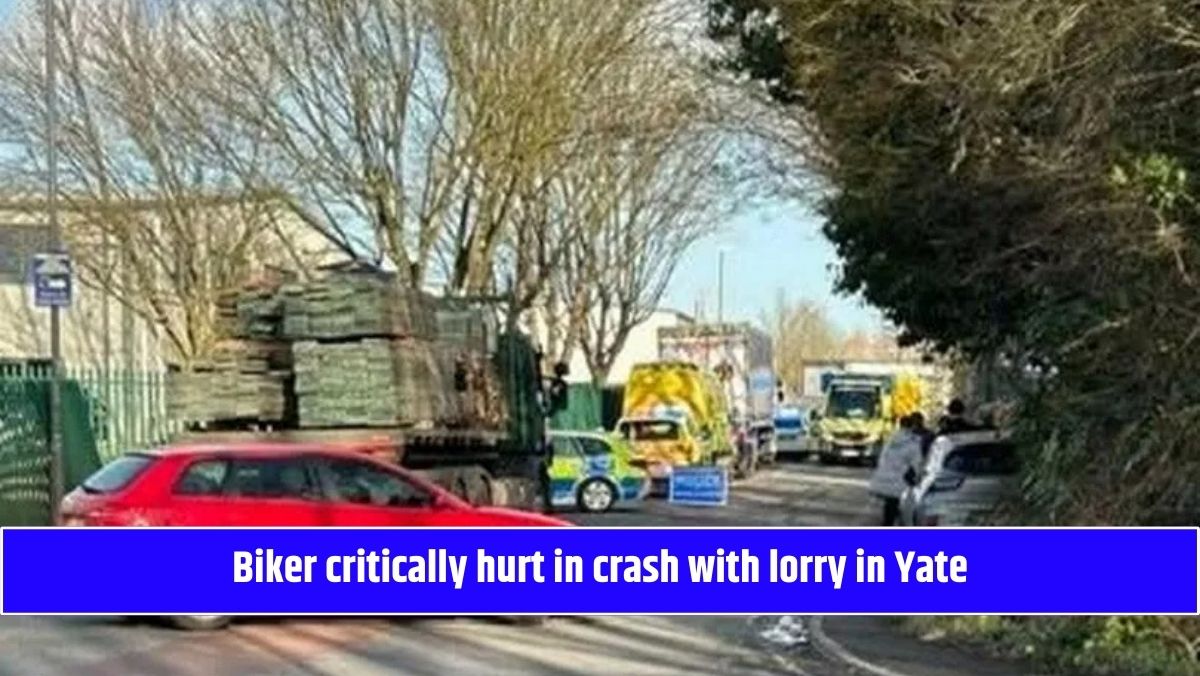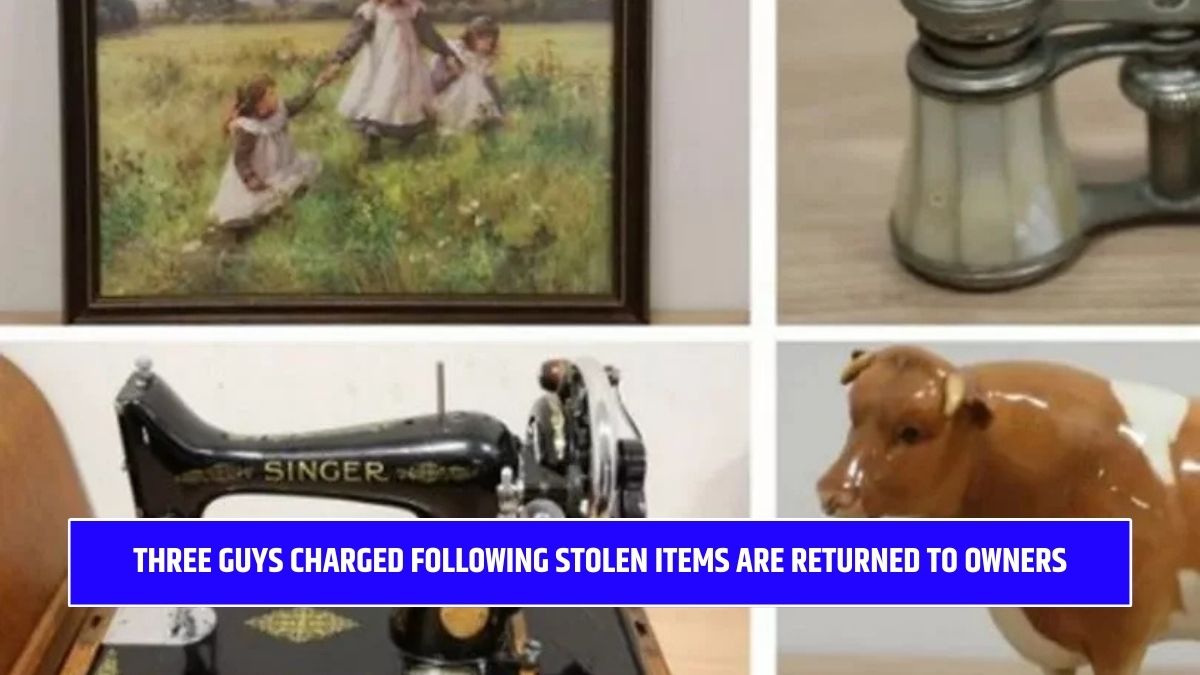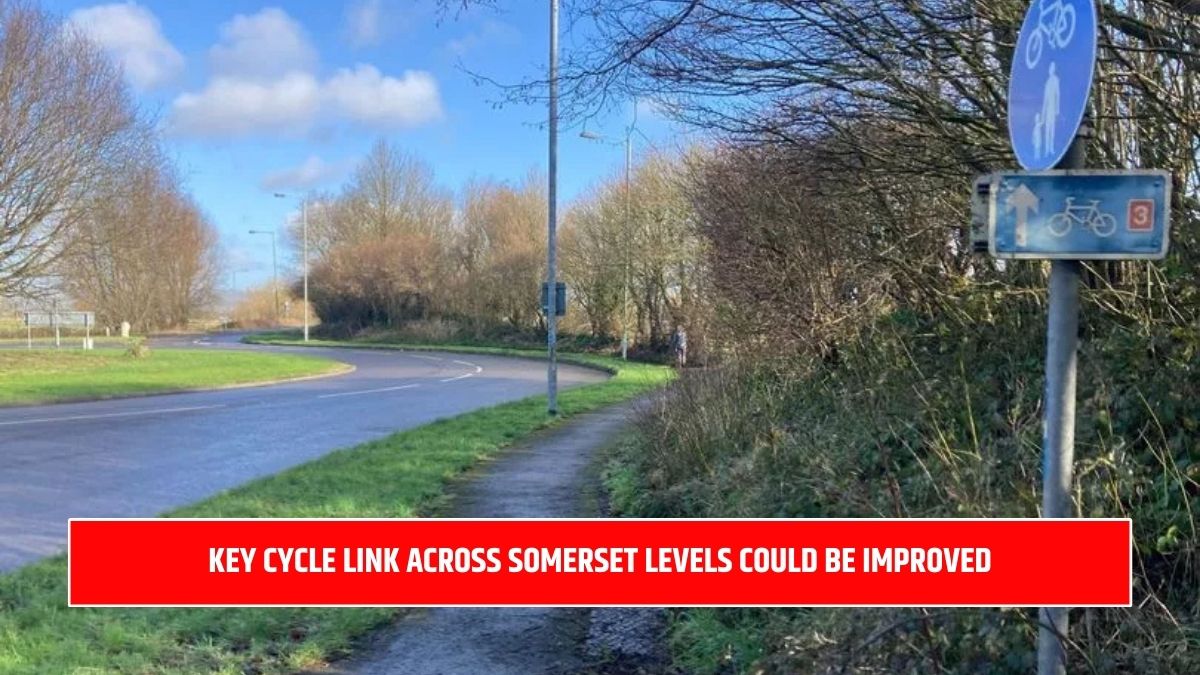Fly-tipping has become a growing concern across the UK, with authorities now issuing stern warnings to motorists about the severe penalties they could face if caught. Fly-tipping, the illegal dumping of waste, can result in fines of up to £1,000, vehicle confiscation, and even imprisonment for more serious offences. Government officials are urging the public to dispose of waste responsibly to protect the environment and avoid harsh consequences.
Government’s Warning on Fly-Tipping
The Department for Environment, Food and Rural Affairs (DEFRA) recently reaffirmed its commitment to cracking down on fly-tippers. Minister Mary Creagh emphasized that offenders will be forced to clean up the mess they create, in addition to facing financial penalties.
“We have committed to forcing fly-tippers and vandals to clean up the mess they have created. This will build on the sanctions already available, which include fixed penalty notices of up to £1,000, seizing of vehicles, and prosecution,” Creagh said.
Penalties and Legal Actions
Fly-tipping offences are treated seriously, with penalties varying based on the severity of the offence:
- Fixed Penalty Notice: Up to £1,000 (increased from £400 in July 2023)
- Magistrates’ Court Sentencing: Fines up to £50,000 or imprisonment for up to 12 months
- Crown Court Sentencing: Unlimited fines and up to 5 years in prison
Additionally, individuals who fail to dispose of their waste correctly can face fines of up to £600, depending on local authority regulations. Some councils may offer reduced fines if paid promptly.
Fly-Tipping Statistics: A Growing Concern
Despite the strict penalties, fly-tipping remains a persistent issue in the UK. In the 2022/2023 financial year:
- 1.08 million incidents of fly-tipping were reported across England.
- 60% of these incidents involved household waste.
- 42,000 incidents were classified as ‘tipper lorry load’ size, costing councils £13.2 million to clean up.
- Fixed penalty notices decreased from 91,000 in 2021/2022 to 69,000 in 2022/2023.
Highways are the most common sites for fly-tipping, with rubbish often dumped on roadsides and pavements, posing hazards to pedestrians, drivers, and the environment.
Calls for Tougher Measures
Baroness Warsi, former chairwoman of the Conservative Party, has called for even stricter measures to address the fly-tipping crisis. In a recent interview with ITV, she proposed innovative solutions, including:
- Adding Penalty Points to Driving Licences: Fly-tippers could receive penalty points on their licences, acting as a stronger deterrent.
- Fast Food Packaging Identification: Drive-through outlets could print vehicle registration numbers on packaging to trace litterers who discard rubbish on roadsides.
Warsi stressed that fly-tipping isn’t just an environmental issue but also a matter of national pride. “If we have a sense of national pride, if we want to have some sense of belonging in this country, then we have to have a national strategy on rubbish and fly-tipping,” she said.
Why Fly-Tipping is a Serious Offence
Fly-tipping harms the environment, damages wildlife habitats, and costs taxpayers millions each year. Improperly dumped waste can:
- Pollute soil and water sources with toxic substances.
- Harm wildlife that may ingest or become trapped in the waste.
- Create health hazards by attracting vermin and spreading disease.
- Damage public spaces, making communities less attractive and safe.
The government encourages residents to use licensed waste carriers and contact their local council if unsure about disposal methods. Reporting incidents of fly-tipping helps authorities take action and keep communities clean.
How to Avoid Penalties for Fly-Tipping
To avoid facing penalties, follow these simple steps:
- Use Licensed Waste Disposal Services: Always choose registered carriers for bulk waste removal.
- Follow Local Guidelines: Check your local council’s guidelines for waste disposal and recycling.
- Don’t Leave Waste on Pavements or Roads: Household waste should never be dumped in public spaces.
- Report Fly-Tipping: If you see fly-tipping, report it to your local council to help reduce incidents in your area.
Reporting Fly-Tipping
You can report fly-tipping by:
- Calling your local council directly.
- Using online portals like FixMyStreet.
- Contacting the Environment Agency if you witness large-scale or hazardous fly-tipping.
Fly-tipping is more than just an eyesore; it’s a crime that carries severe consequences. With fines now reaching £1,000 and the risk of vehicle confiscation, motorists are urged to dispose of waste responsibly. Community cooperation, stronger enforcement, and creative solutions like vehicle registration on packaging could significantly reduce fly-tipping. Let’s all do our part to keep our streets and countryside clean.
| Visit for More News and Updates | WSOA NEWS |















